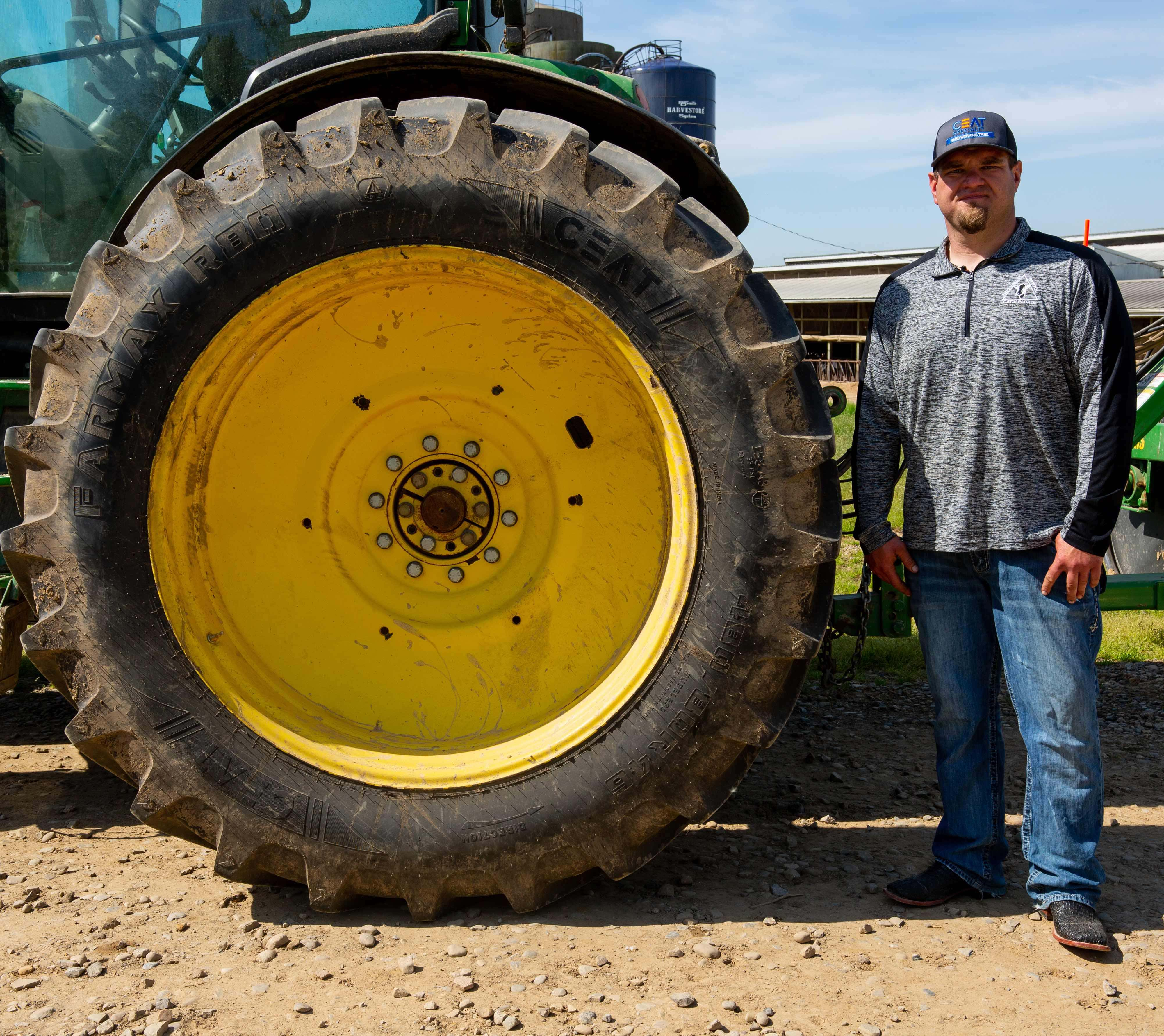Search Further
kindly select atleast one option

ceat-speciality:blogs-tags/all,ceat-speciality:blogs-tags/farming-advice
Tough Times in the Fields: Farmers Demand More Value From Their TiresTough Times in the Fields: Farmers Demand More Value From Their Tires

ceat-speciality:blogs-tags/all,ceat-speciality:blogs-tags/farming-advice
American Farmers are Facing Major Headwinds in 2025American Farmers are Facing Major Headwinds in 2025

ceat-speciality:blogs-tags/all,ceat-speciality:blogs-tags/farming-advice
Check Your Tires Before Planting SeasonCheck Your Tires Before Planting Season

ceat-speciality:blogs-tags/all,ceat-speciality:blogs-tags/farming-advice
Prevent Down Time with CEAT Ag TiresPrevent Down Time with CEAT Ag Tires

ceat-speciality:blogs-tags/all,ceat-speciality:blogs-tags/farming-advice
Protecting Soil Health has Immediate Economic Benefits for FarmersProtecting Soil Health has Immediate Economic Benefits for Farmers

ceat-speciality:blogs-tags/all,ceat-speciality:blogs-tags/farming-advice
CEAT is the Tire of Choice in Tough TimesCEAT is the Tire of Choice in Tough Times

ceat-speciality:blogs-tags/all,ceat-speciality:blogs-tags/farming-advice
Farmers Turning to Used EquipmentFarmers Turning to Used Equipment

ceat-speciality:blogs-tags/all,ceat-speciality:blogs-tags/farming-advice
Four Essentials for Protecting Farm SoilFour Essentials for Protecting Farm Soil

ceat-speciality:blogs-tags/all,ceat-speciality:blogs-tags/farming-advice
How to Measure for Soil CompactionHow to Measure for Soil Compaction

ceat-speciality:blogs-tags/all,ceat-speciality:blogs-tags/farming-advice
CEAT Specialty Tires Pushing the Technology Envelope to Increase Farmer ProductivityCEAT Specialty Tires Pushing the Technology Envelope to Increase Farmer Productivity

ceat-speciality:blogs-tags/all,ceat-speciality:blogs-tags/farming-advice
The Benefits of Strip Till FarmingThe Benefits of Strip Till Farming

ceat-speciality:blogs-tags/all,ceat-speciality:blogs-tags/farming-advice
No Till Farming: Protecting the Soil for Long-Term Crop YieldsNo Till Farming: Protecting the Soil for Long-Term Crop Yields

